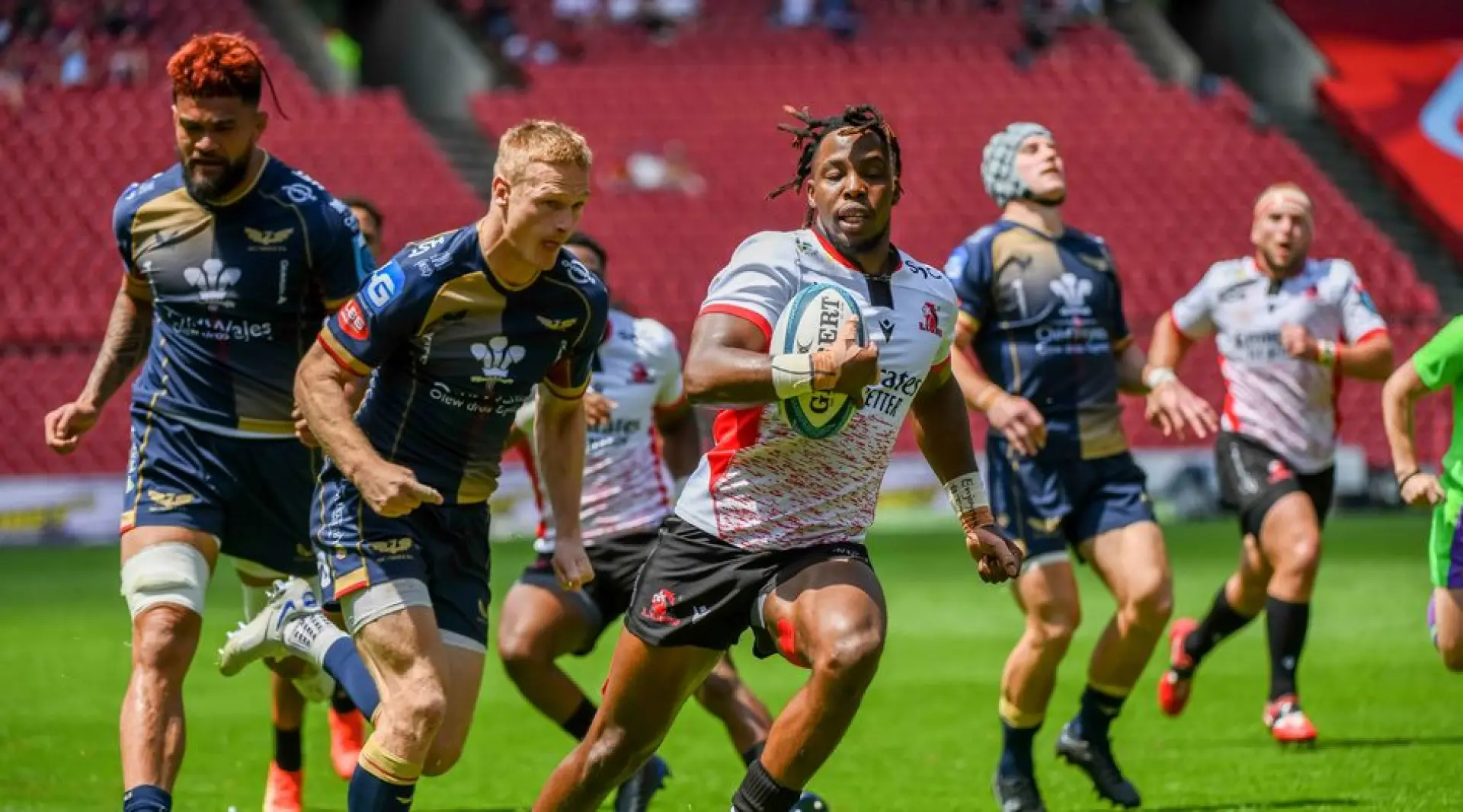Challenge Cup With Nic Groom
Published:
We are about to enter a new era in domestic rugby in South Africa. For the first time in history, South African teams will join the European giants of the rugby world in competing for the Challenge and Champions Cup.
These tournaments were once exclusively reserved for the best performing teams in French, English and Celtic leagues. After South Africa’s entry into the URC, it was soon agreed that they would be considered for inclusion in both historic competitions.
Imagine if UEFA allowed South African teams to compete in the Europa and Champions League tournaments. That's what has happened here, and I couldn’t be more excited for it.
Teams are seeded and placed into pools in a lavish ceremony and your opposition is drawn out of a hat. Much like the UEFA format, this is really an exciting moment as the roadmap to the trophy is finally revealed and the much anticipated matchups are always a big talking point.
The challenge cup, much like the Europa League, consists of teams who finished their respective leagues in the bottom section of their domestic competitions.
Games are played over 2-week blocks on the same weekends as the Challenge Cup.
The final is always played at a neutral venue the day before the Champions Cup final. This year's final will be on Friday the 19th of May at the Aviva Stadium in Dublin.
The French teams have recently dominated the tournament, winning on 6 occasions in the last 10 years. Clermont Auvergne has won the title the most times, lifting the trophy on 3 occasions.
The Lions and The Cheetahs will both feature in this new look competition. Whilst they both have had a taste of some URC action they will now experience the challenge posed by French and English teams for the very first time.
The Lions' Tricky Road Ahead
The Lions start their Challenge Cup campaign at home when they take on the Dragons at Ellis Park. Just a few weeks after beating them 33-25 in the same fixture in the URC.
A 12:45 kick-off at altitude is going to suit one team only, and that is the Lions. I also think they are the team in better form currently.
After the Dragons they are off to Paris to face Stade Francais at the Stade Jean Bouin. I believe beating French teams at home will be the biggest test for travelling teams. Having won the Challenge Cup in 2017, they are experienced campaigners in big competitions.
The Parisians have also recently added the likes of Vincent Koch and Jeremy Ward to their books, so the Lions can expect a real tough challenge against a team known for their expansive approach to the game.
A win for the Lions away from home will really set them up to qualify for the next round of the competition. If they can win their home games and get something on the road they will be in good shape.
The Cheetahs, after being in the rugby wilderness are back in top flight rugby. There will be question marks around how prepared they will be to face teams who are competing week in and week out against quality opposition,
They do however have some serious experience to fall back on. I think Frans Steyn, Teboho Mahoje , Ruan Pienaar and Schalk Ferreira have more caps between them than the entire squad. In Fact, I think Steyn and Pienaar have enough to cover the rest.
The Cheetahs Set Up Camp Abroad
Interestingly, The Cheetahs' two "home" games will be played at the Stadio Sergio Lanfranchi in Parma, as one of the conditions for their participation in the Challenge Cup was for them to be based in Europe.
They start their campaign with a tough fixture in the Pyrenees Mountains against Pau. A tricky place to win and the Cheetahs can expect a hostile environment from the local fans, who seem to be invigorated by any cup challenge.
Their next game is against Scarlets in Parma. The Welsh side are having a tough time of late, sitting second from the bottom in the URC, but expect a long list of Welsh internationals to be fit and ready to take on the Cheetahs. The last time these two teams met was in 2019 with Scarlets winning comfortably.
Two weeks of a jam packed rugby and then it's back to club rugby until the return fixtures are played again later in January.
The message is clear. Win your home gaps, and fight for anything on the road and you will have a shot.





